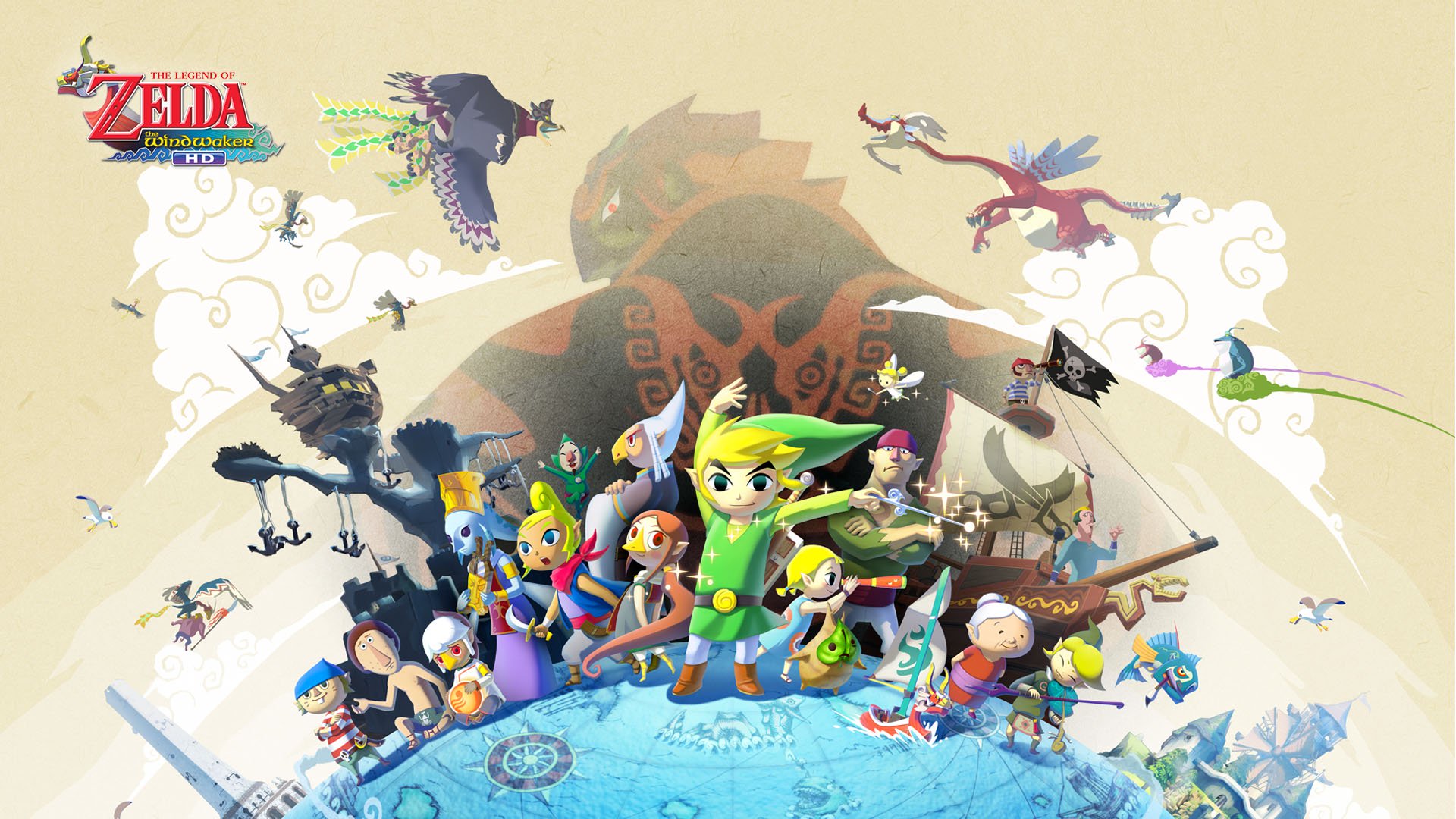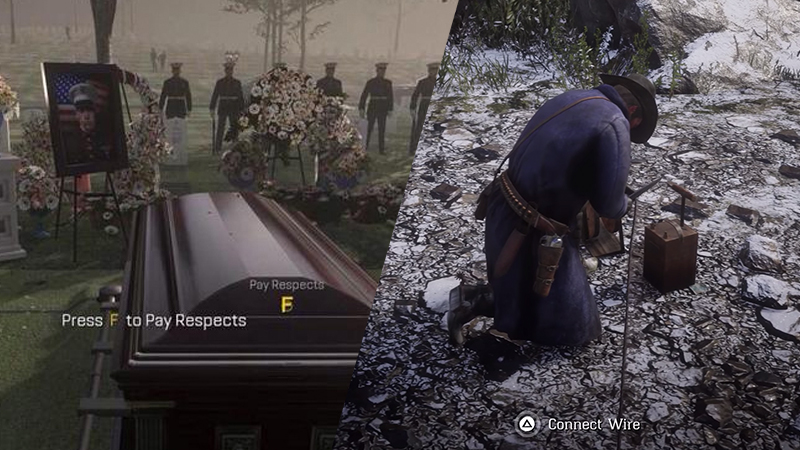Some facts:
In 2021, a White man in his 70s remade a film created in the:
1960s by a White man in his 30s, which was adapted from a musical written in the:
1950s by White men in their late 20s, which was based on a play written in the:
1590s by a White man in his 30s.
West Side Story (2021) » West Side Story (1961) » West Side Story (1957) » Romeo & Juliet (c. 1590)
Do you see a pattern here? Besides the addition of music, there has not been an original idea for the last 430 years.
…well…that’s not the only problem, here…
West Side Story (2021) is a beautiful film plagued by a story that has aged terribly. Measurably worse, the filmmaker in charge of the 2021 remake did that whole White Progressive™ thing where he tried to retell a story that isn’t his to tell, that a bunch of White Film Critics™ absolutely gobbled up, starring an Ethnically Diverse™ cast of actors who absolutely killed it, making it even fucking harder to be critical about the movie without having to walk on brown eggshells—and I can make that joke ‘cause I’m brown. Anyway, even though no one asked, here’s my review. Oh, and spoilers ahead for an extremely familiar story that you probably already vaguely know anyway…
“Best Side” Story
Okay, before I completely eviscerate this film and its entire pretentious agenda, let me talk about its good parts: from a technical perspective, it is a pretty damn good execution. The music is fantastic. The cinematography is fantastic. The choreography is fantastic. The acting is fantastic. Everything that the eyes and ears register is absolutely fucking beautiful. Hell, I could even buy the whole tough-guy-ballet thing because Ansel Elgort (Tony) and Mike Faist (Riff) fucking killed it in their roles. The song Cool made me audibly shriek when they were wrestling with the gun that way because I was almost certain it was gonna go off accidentally. David Alvarez (Bernardo) was even believably intimidating as the head honcho of Los Tiburónes (“The Sharks,” for you Gringos).
Would I recommend giving it a watch? Sure, rent it or catch it on the streaming service of your choice. Or if you’re reading this past the year 2022, catch some of the clips of the musical numbers on YouTube. Again, comparatively to the the 1961 version, the characters are a lot more convincing in their roles. The gangsters feel like gangsters, as opposed to theater nerds wearing gang-face. The brown people are brown, there’s no holding punches with the ethnic slurs (so it doesn’t feel sanitized), and the political commentary is…there. But that’s sort of where it starts to deteriorate after you look past its gorgeously polished exterior.
La belleza es sólo superficial
West Side Story (2021) did some expert cleaning up (and by that, I mean grittifying) of the original 1961 film. Full disclosure, I’ve never seen the original in its entirety, but I know that it was mired by brown-facing, Spanglish, and the misogyny of the time. The 2021 remake tried its hardest to rectify some of the transgressions of its predecessor, but by doing that, it really only served to let the problematic parts of West Side Story’s narrative shine through. And honestly, that’s where it starts to become apparent that people need to stop romanticizing Romeo and Juliet.
On the surface, West Side Story is a retelling of Shakespeare’s Romeo and Juliet. This is not news to anyone, but what might be news to people is that Romeo and Juliet is not a romantic story. Categorically, it’s a tragedy, not a comedy. Like most revered storytellers, there’s usually a moral or lesson you can take away from Shakespeares works—power and corruption, in MacBeth; the fickle nature of human attraction, in A Midsommer Night’s Dream; cross examining the qualities of leadership and morality, in Henry V… Shakespeare was known for being a satirist, and extrapolating from there, we can deduce that Romeo and Juliet was not supposed to be an inspiring story about love, but rather a cautionary tale about rash judgements, feuds of allegiance, and the stupidity of young people. For fuck’s sake, the titular characters kill themselves after having known each other for less than a week.
And therein lies the satire. Shakespeare was remarking upon how quickly young people fall in and out of love, and how fucking stupid they are when that happens. They’re reckless, overdramatic, and extremely selfish. These are not qualities to be admired. Fast forward a couple hundred years, and we’re still studying this story, but too often taking away the wrong lesson. Subtlety is hard, after all.
Enter, West Side Story (1961). It’s the story of two teenagers, aligned with two opposing factions, who meet at a party and fall in love at first sight, yada yada yada, Tybalt kills Mercutio, Tony kills Tybalt, it’s all very sad. And maybe you didn’t even notice that I deliberately swapped the names of one of the archetypical characters, but that would be because they’re the same fucking dude.
Now, I’m gonna yada yada through the rest of the movie because you probably already know it, but the very ending of West Side Story is the thing that takes the horrific cake for me.
Kill it with hate
I fucking hate this ending. If you haven’t seen the 2021 reboot, it’s very similar, dialogue-wise. My problem with it is that it’s trying to serve as a cautionary tale, but it’s so goddamn pretentious about it. What’s worse, it removes the original dark consequence of the satire from Romeo and Juliet. In Shakespeare’s source material, everyone important dies. And the cautionary tale is that young people do dumbass, overdramatic, high consequence bullshit in the name of “love.”
West Side Story tries to add on top of that satirical commentary by layering on themes about race, gang violence, revenge, and “hate.” The problem is that the message gets so sloppily shoe-horned in on top of the other message that it feels unrealistic and undeserved. Whereas in Romeo and Juliet, revenge and faction are used as contextual framework to move the plot of the romantic story forward, West Side Story uses them as completely parallel narratives. That’s a problem. Try this: what is the one-sentence synopsis for Romeo and Juliet?
Two kids from rival families fall in love, death and drama ensue because of this romance, and then they hurriedly kill themselves at the end because of a miscommunication.
What’s the one-sentence synopsis of West Side Story?
Two kids from rival gangs fall in love, death and drama ensue kinda because of the romance, but mostly because of parallel gang shit, then at the end, one of the gang members kills the main guy out of revenge, and the girl “learns how to hate” because of it.
There’s one lesson in Romeo and Juliet, while West Side Story tries to have multiple. It’s unfocused. It’s trying too hard. And it falls flat because who gives a shit about this unrealistic ass story. The ending doesn’t feel impactful because the ultimate consequence and lesson tries to be: “gang violence bad.” It tries to sidecar the A storyline (Tony and Maria) by making the B storyline (The Jets vs The Sharks) the “moral of the story.” If it really wanted to stay in line with Romeo and Juliet, Maria should have shot and killed everyone and then herself when she said she could have. But the movie/play didn’t have the cajones to do it. So instead, she gets to leave all sad and shit, but still alive. We don’t learn anything new, there’s not any real consequence for the characters left living except “end on a vaguely sad note,” it’s not an effective satire, and then we fade to goddamn black. It’s not even a cautionary tale about anything. It’s just sadness fetishism.
And don’t give me no bullshit about “the moral of the story is that Maria has to live with the consequences of her actions.” That line of justification doesn’t hold up because we don’t see any of the consequences, which is just lazy writing. It’s not the same as ending a story by “leaving them wanting more.” It’s asking the viewer to finish the story for someone who couldn’t figure out how to. And if that’s the justification, where’s Tony’s “moral of the story”? ‘Cause he’s dead. And those two consequences do NOT feel equal for characters that are supposed to be equal protagonists of this story.
White Progressivism™ and self-congratulations
West Side Story (2021) attempted an act of contrition for West Side Story (1961) by casting brown people in the roles of brown people. It’s a commendable attempt at recompensing for the racist legacy that West Side Story (1961) penned into the American cultural zeitgeist. I’ll grant the 2021 execution its due credit for contributing to representation efforts in American cinema, but I think it—like with many White Progressive™ reconciliation efforts—overreached in a pretentious, self-congratulatory way.
What’s the egregious sin I think West Side Story (2021) committed?
Not subtitling the movie for non-Spanish speakers.
Here’s the justification Spielberg used for the decision. Here’s the important excerpt from the article:
“Throughout "West Side Story," Puerto Ricans are constantly told to "speak English" because the cops and Jets refuse to take the time to understand them.
By making this creative choice, Spielberg is challenging his audience to instead "speak Spanish," and no longer be ignorant of a culture that represents 19% of the United States' population (62.1 million) as of 2020.”
On the surface, this seems like a clever creative choice that makes a poignant commentary about our society. Spielberg argued that non-Spanish speaking audiences could extrapolate from “context” what the Puerto Rican characters were saying, and that Spanish speakers in the audience would basically get an extra layer of movie that non-speakers would either have to seek out or infer, highlighting a “fundamental truth” in our society: that “we’re a bilingual country.”
…This sentiment would be sweet if it were coming from a screenwriter that actually put his money where his monolinguistic mouth is. Do you see the problem with White men who don’t speak Spanish lecturing the rest of us about not being able to speak Spanish? It’s performative and toothless at best; hypocritical at worst. Bo Burnham put it best in his Netflix special, Inside:
“I'm a special kind of white guy
I self-reflected, and I wanna be an agent of change
So I am gonna use my privilege for the good (Very cool, way to go!)”
—Comedy, by Bo Burnham
Or better yet:
“Why do you rich fucking white people
Insist on seeing every socio-political conflict
Through the myopic lens of your own self-actualization?
This isn't about you.
So either get with it, or get out of the fucking way”
—The Way the World Works, by Bo Burnham
The problem with the type of pandering Steven Spielberg et al. did with West Side Story is that they don’t believe the bullshit they’re peddling. Otherwise they’d nut the fuck up and learn Spanish themselves. Instead, they’ve adopted an unearned “holier than thou” attitude about their uninspired hot take on the country’s linguistic demographics. What’s worse, by choosing not to subtitle the Spanish parts of the movie, they’re effectively red-taping off those parts of the narrative from the people who need exposure to that narrative the most: rich White people. If you want non-speakers to sympathize with a narrative, you give them a chance to understand it. Otherwise, they disconnect from the narrative. Brown people don’t need to told how hard it is/was to be a brown person. We know how fucked up it’s been. Having your brown characters talk about being oppressed in their native tongue, unsubtitled, removes that part of the narrative for the people who need to hear about it. It’s not “authentic” to omit subtitling. It’s not a “service to the Spanish speaking community,” you patronizing gringo. It’s just Diet Brown Face™.
Plus, if your justification includes, “non-speakers will be able to understand via context,” then just fucking subtitle the shit for the love of god. Use language disparity as a vehicle for the narrative, not as a glitter you can put on your pseudo-intellectual passion project.
Season 5, Episode 2 of Bojack Horseman: The Dog Days Are Over
Season 5, Episode 2 of Bojack Horseman: The Dog Days Are Over
A show that did no-subtitling profoundly better was the Bojack Horseman episode titled “The Dog Days Are Gone.” For those of you who haven’t seen the show (side note: shame on you; go watch Bojack Horseman), Diane—the character pictured above—is a Vietnamese American who doesn’t speak any of her ethnic tongue. She goes through a bit of an existential crisis wherein she decides to “go back to the homeland.” A homeland in which she realizes: she’s actually a tourist. She has no ties to her ethnic heritage besides her genealogy, and when she goes to Vietnam on a whim, she finds herself clueless and lost in an unfamiliar land. Main characters are often felt as surrogates for the viewer, so her loneliness is punctuated for us by deliberately choosing to exclude the translation subtitles, which has the effect of reinforcing that feeling of exclusion and unknown. The choice to not subtitle serves the narrative; it doesn’t prevent us from engaging in it. And if the viewer so happens to speak Vietnamese, their experience is enriched by that ability.
Comparatively, whenever Spanish is spoken in West Side Story (2021), it’s always by main characters (who are, again, surrogates for the viewer). So by not having subtitles, it alienates the viewers from the cast with whom we’re supposed to be sympathizing. And, like, rule number 1 in storytelling is to sympathize your main characters to your audience, not alienate them from them.
Conclusion:
West Side Story is a story we should all just collectively let retire. Everyone knows it. We can stop remaking it. And by proxy, we can never ever try to remake Romeo and Juliet ever again. Sure, let it be performed in theater settings. Let high schoolers study it via the Leonardo DiCaprio adaptation. But we’ve had enough “fresh takes” on this worn-out ass narrative. And if you’re going to do it at all, just stick to the script.
Here’s an itemized list of problems in West Side Story
Too many parallel themes and narratives
Takes itself too seriously to be satirical, doesn’t change enough from Romeo and Juliet to move away from its satirical roots
The B story conclusion becomes the moral of the story, while the A story serves as contextual framework to justify the final message
The Diversity and Inclusion™ initiative was half-baked, and the omission of subtitles was a performative, hypocritical virtue signal


































